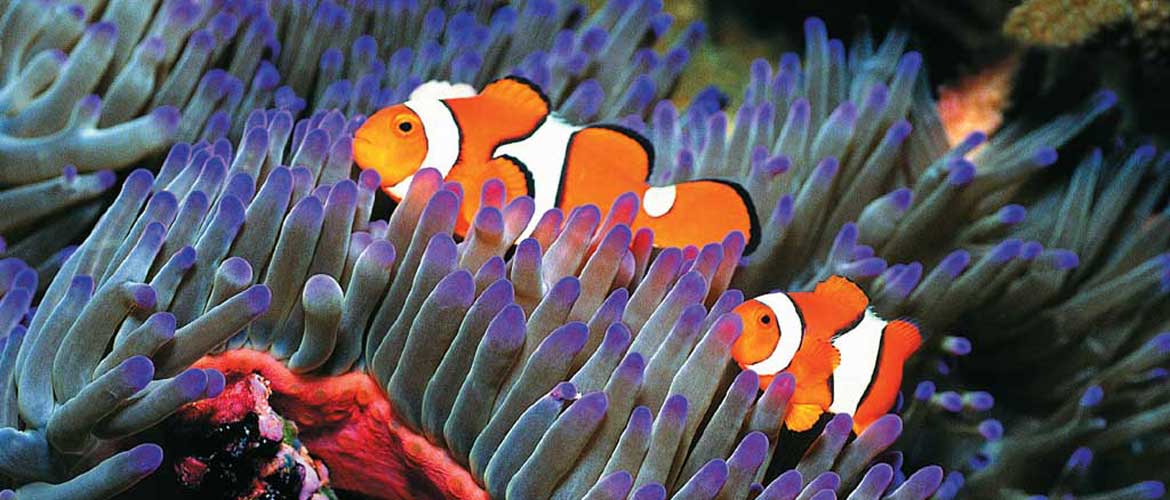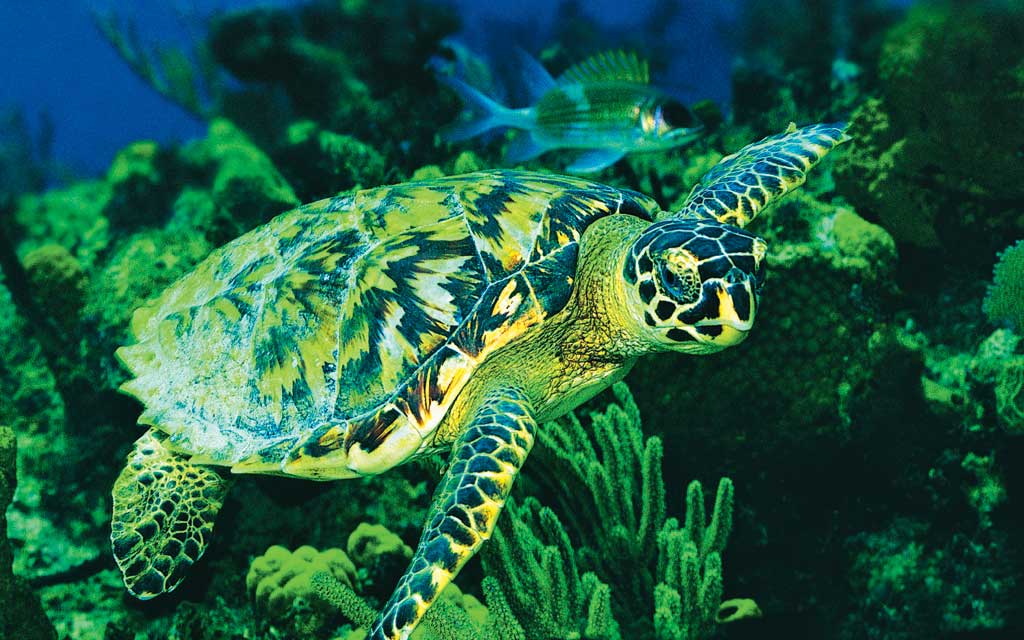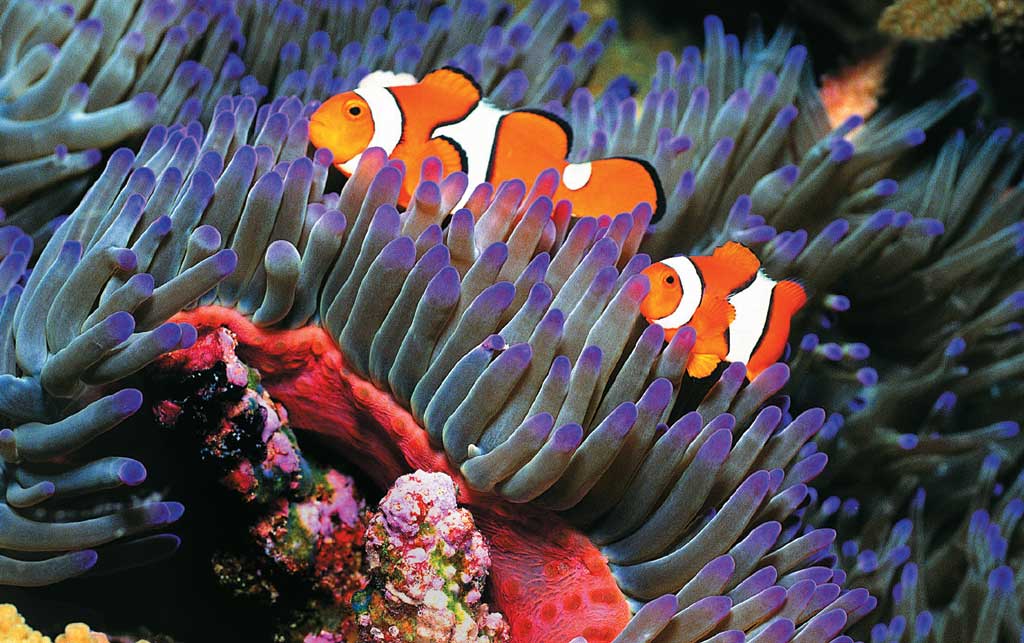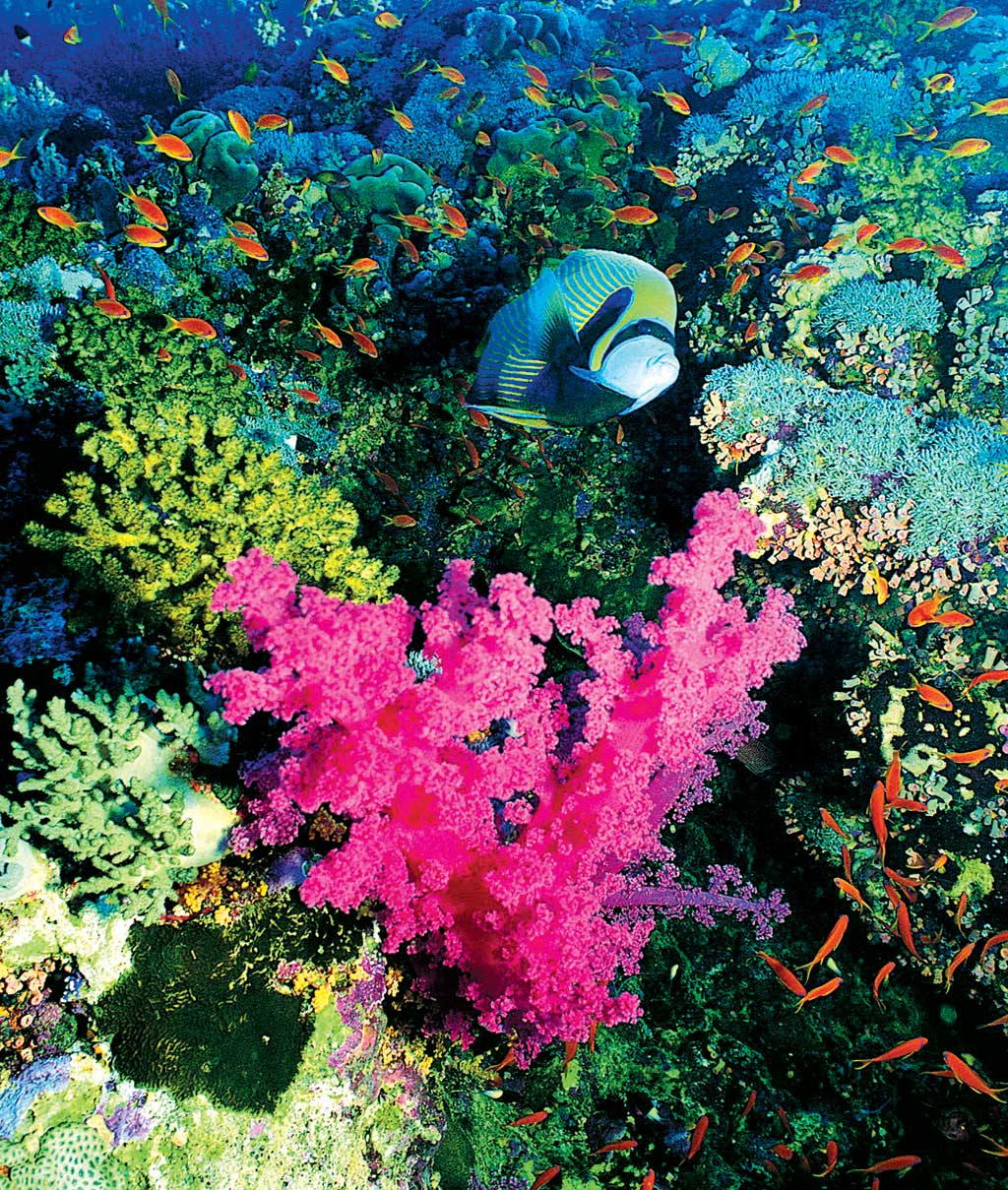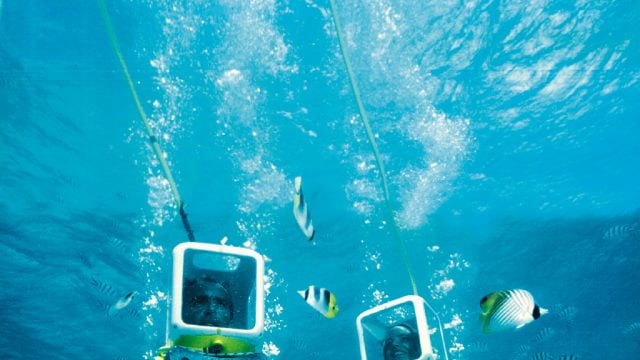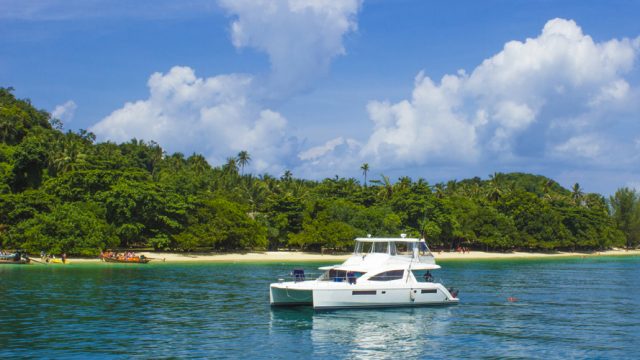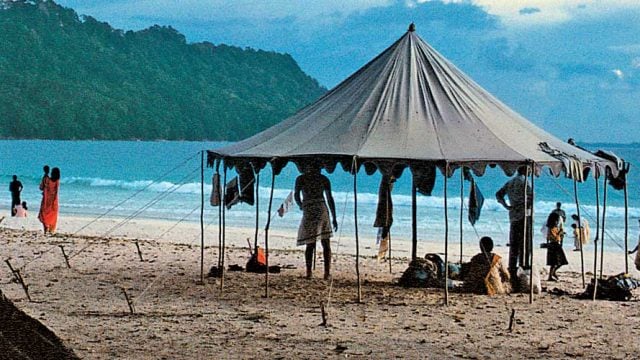Set amidst the Bay of Bengal, these islands were once a part of one great
The original inhabitants of the islands were six tribes, two of them Mongoloid and four Negroid; all but one of them are on the verge of extinction today. Of the two Mongoloid tribes, the Nicobarese have assimilated into the mainstream. The Shompens, estimated to number 250–300 (before the tsunami of December 2004), live in isolation as they have done for several thousand years. Of the Negroid tribes, the Sentinelese (estimated population 250) live in complete isolation on Sentinel island. The other tribes have some limited contact with the town – mainly for medical treatment and other such assistance.

The Jarawas live in a reserve forest and their population is estimated to be about 350. The Onge tribe has barely 100 members left. The Great Andamanese number less than 40. Their small numbers are a cause for concern today. While the Andaman authorities are eager to boost tourism in the islands, all activities are monitored – as it should be – to maintain the balance of its rich and unique wildlife, both on land and under water. About 86 per cent of the islands are covered with forests. Nesting sites dating back to centuries support Olive Ridley, hawksbill and leatherback turtles. Amongst the islands’ rare avifauna (246 species of birds are found here) are the exotic Nicobar pigeon, Andaman teal, Narcondum hornbill, crested serpent eagle, white-bellied sea eagle, emerald dove, Nicobar parakeet and megapode. The long coastline supports a diverse marine population – about 1,200 species of fish, 350 species of echinoderms and 1,000 species of molluscs.
Today, the islands have 96 sanctuaries and nine national parks: chief amongst them are the Mahatma Gandhi Marine National Park, the Saddle Peak National Park, the Mt Harriet National Park, the Rani Jhansi National Park, the North Button Island National Park, the South Button Island National Park, the Middle Button Island National Park and the Cinque Island Sanctuary. The Galathea National Park and the Campbell Bay National Park are part of the Great Nicobar Biosphere, a stretch of 885sq km that was established in 1989 to conserve the region’s fragile ecosystem.
- Extraordinarily colorful underwater world in the Andaman Sea
Of the 572 islands that together make up this archipelago, the principal groups are the Andamans and the Nicobar islands (also referred to as the Bay islands), both with their own distinctive features.
The Andaman Islands (the northern group), comprising big and small islands, are spread over 475km. The north, middle and south Andamans are separated from each other by narrow waterways. Deeper south, beyond Rutland island and the Cinque islands (and across the Duncan Passage) is Little Andamans. To its south lies the southern group – the Nicobar islands, which are separated from the Andaman group by the Ten Degree Channel. Nicobar is closed to tourists. Port Blair, the capital town, is in the South Andaman islands. It’s also where the airport, major hotels and various administrative offices are located.
Where to Stay
Port Blair has a range of accommodation to suit all budgets. Private hotels can be found in some of the popular tourist islands such as Havelock. Forest rest houses can be booked through the forest department. Inside the forest at Mt Harriet is a forest rest house (Tel: 03192-230152; Tariff: ₹200) with two rooms and two eco-huts.
Fortune Resort Bay Island (Tel: 234101, 232198; Tariff: ₹7,600) has an excellent location by the sea. Hotel Sinclairs Bayview (Tel: 227824, 227937; Tariff: ₹ 8,500–14,000), at South Point, has rooms with balconies and good views. Peerless Sarovar Portico (Tel: 229311/ 13; Tariff: ₹8,500–12,500) is next to the beach at Corbyn’s Cove. Hotel Shompen (Tel: 232644; Tariff: ₹4,999–6,999) at Middle Point and Hotel Dhanalakshmi (Tel: 233952-53; Tariff: ₹ 1,300–2,000) in Aberdeen Bazaar are spick and span and centrally located.

On Havelock island, Barefoot at Havelock (Bengaluru Tel: 080-40012252, Cell: 09686445488; Tariff: ₹ 9,500–21,000), next to Radhanagar beach, has bamboo cottages and offers a range of water sports like snorkelling, kayaking and scuba diving. Dolphin Resort (Tel: 282061; Tariff: ₹ 5,109) occupies a divine location on the same beach. SilverSand Beach Resort (Tel: 211073; Tariff: ₹ 12,000–30,000) at Vijaynagar Beach is pricey. It also offers water sports. The Wild Orchid (Tel: 282472; Tariff: ₹ 6,125–7,970) next door has beautiful wooden cottages. Orient Legend (Tel: 282389, Cell: 09434291008; Tariff: ₹ 2,500–4,500) is a budget option in Vijaynagar Beach.
Where to Eat
In Port Blair, Mandalay in Fortune Resort is the best place to have a meal, mainly due to its location. Corbyn’s Delight at Peerless serves Continental cuisine at reasonable prices. Waves, at Corbyn’s Cove, has good Indian and Chinese food. The New Lighthouse restaurant, near Aberdeen Jetty, is a pleasant, breezy place to have beer with some fresh seafood.
In Havelock, Red Snapper is easily the best restaurant. It has excellent interiors. Full Moon Café has delicious seafood and salads. Barefoot Bar and Brasserie serve great Continental cuisine and have good views. Dakshin offers south Indian fare.
Getting There
Air Chennai and Kolkata have regular flights (2hrs) to Port Blair. Hire a full-day cab (₹ 8–14 per km, plus ₹ 200 driver’s allowance). Autos are available for short forays within the islands. You can also rent a motorcycle. Ferry connections are available for those inhabited islands where tourists are permitted to visit. Contact the Tourist Office for information and the Directorate for Shipping (Port Blair) for boat/ ferry connections
Sea Though ship connections are available from Chennai, Kolkata and Visakhapatnam through the offices of the Shipping Corporation of India, they are not recommended as the sailing time can vary from 3–5 days (one way)
Fast Facts
When to go The best time to visit is October to early May. The monsoons are from mid-May to mid-September
Permits Indians don’t need permits to visit the Andamans, but if they wish to visit any tribal areas, they need to get a special permit from the Deputy Commissioner, Port Blair. Foreigners must get their permits in advance from Indian missions abroad, the Ministry of Home Affairs in New Delhi or the Foreigners’ Regional Registration Offices (FRROs) in Delhi, Kolkata, Mumbai and Chennai
Wildlife/ Forest Dept offices
Principal Chief Conservator of Forests (Wildlife), Port Blair. Tel: 03192-233270
Principal Chief Conservator of Forests
Port Blair. Tel: 233321
STD code 03192
Union Territory Andaman and Nicobar Islands
Location In the Bay of Bengal
Distance by sea 1,255km S of Kolkata, 1,190km E of Chennai
Inputs from Ranee Sahaney
India
Noni Chawla
OT Getaway Guides


